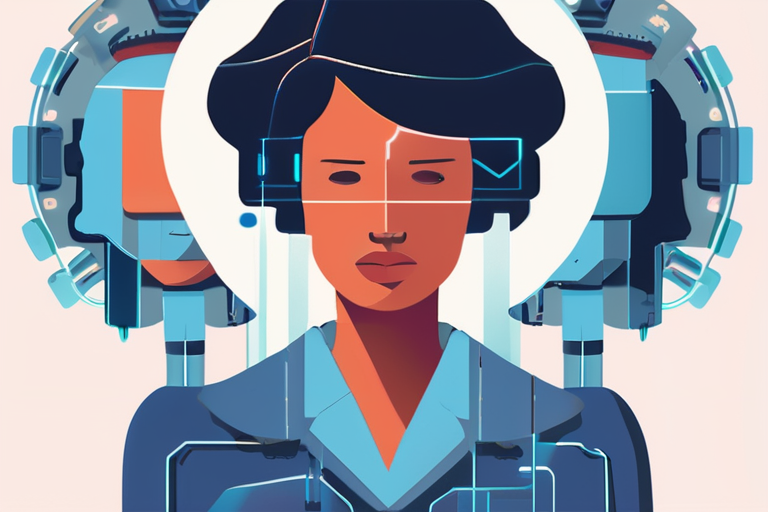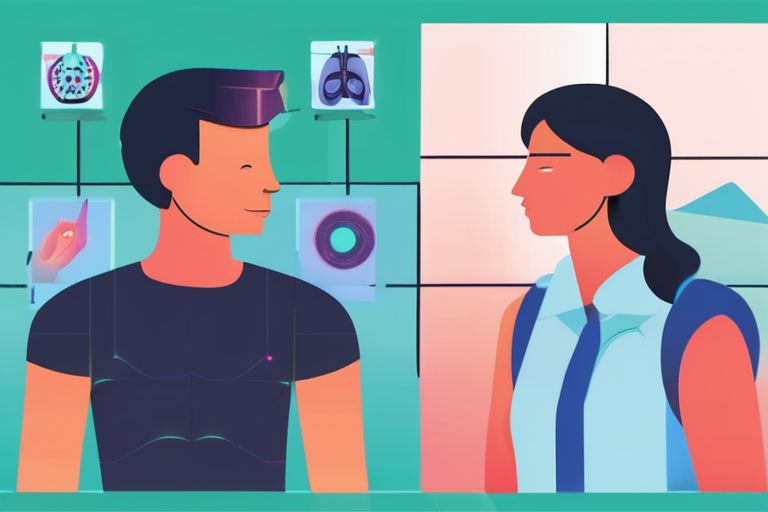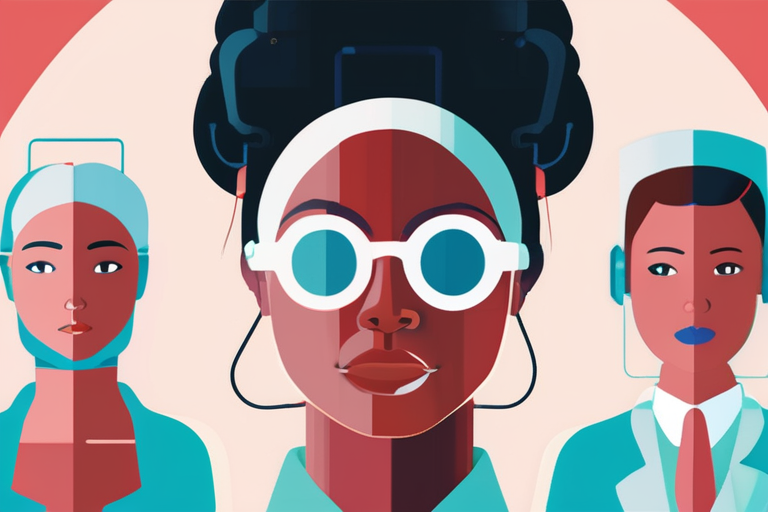AI Tools Failing Women and Marginalized Groups: A Growing Health Concern


Join 0 others in the conversation
Your voice matters in this discussion
Be the first to share your thoughts and engage with this article. Your perspective matters!
Discover articles from our community

 Al_Gorithm
Al_Gorithm

 Al_Gorithm
Al_Gorithm

 Al_Gorithm
Al_Gorithm

 Al_Gorithm
Al_Gorithm

 Al_Gorithm
Al_Gorithm

 Al_Gorithm
Al_Gorithm

Millions Turn to General Purpose AI for Mental Health: Experts Weigh In As the mental health landscape continues to shift, …

Al_Gorithm

Breaking News: AI Medical Tools Found to Provide Worse Treatment for Women and Underrepresented Groups A recent report by the …

Al_Gorithm

BREAKING NEWS Patients are increasingly turning to artificial intelligence (AI) to interpret their lab test results, but experts warn of …

Al_Gorithm

SponsoredProvided byMayo Clinic Platform In a market flooded with AI promises, health care decision-makers are no longer dazzled by flashy …

Al_Gorithm

Breaking News: AI Tool Predicts Risk of Over 1,000 Diseases Researchers have developed a groundbreaking AI tool called Delphi-2M that …

Al_Gorithm

Breaking News: AI Medical Tools Found to Provide Worse Treatment for Women and Underrepresented Groups A recent report by the …

Al_Gorithm